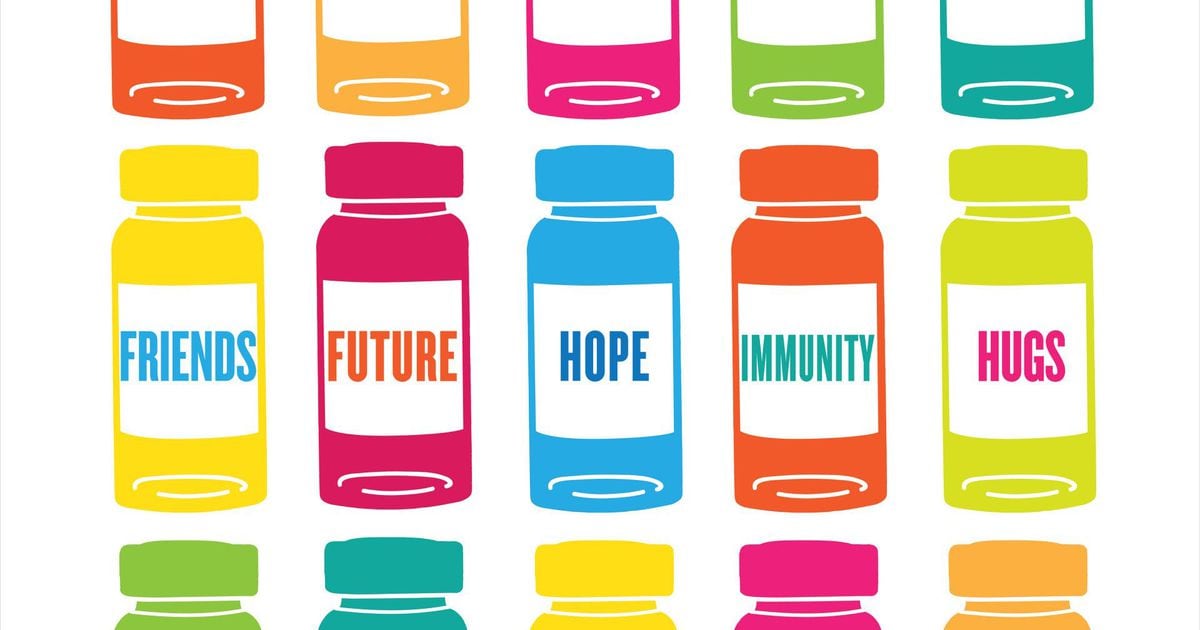Jill Sonke
Research Director | Research Associate Professor
- Gainesville FL UNITED STATES
- College of the Arts
Jill Sonke is active in research, teaching, and international cultural exchange.
Contact More Open optionsBiography
Jill Sonke is active in research, teaching and international cultural exchange. She runs the Center for Arts in Medicine's Interdisciplinary Research Lab, and her current research focuses on the arts and health communication, the arts and public health, and the effects of live preferential music on cost and quality of care in emergency medicine.
Areas of Expertise
Media Appearances
CDC appoints UF Center for Arts in Medicine director as senior adviser to COVID-19 Vaccine Task Force
In the Loop online
2021-06-10
The Centers for Disease Control and Prevention appointed Jill Sonke, director of the UF Center for Arts in Medicine, as senior adviser to the Vaccine Confidence and Demand Team on the COVID-19 Vaccine Task Force this summer.
For Rohingya Survivors, Art Bears Witness
The New York Times online
2021-03-19
Jill Sonke, director of the Center for Arts in Medicine at the University of Florida, said that in contrast to typical public service announcements,“aesthetic experiences linger in the senses so the ideas stay with you.”
At Kunle Adewale Day, Change makers Call for Active Engagement
THISDAY online
2020-08-08
On the opening day, discussants from four continents were featured. Jill Sonke, Director, Center for the Arts in Medicine at the University of Florida (UF), USA, delivered a most stirring introduction to the event, drawing the correlation between the prevalent issues of the Corona Virus and Systemic Racism as both Public health crises. While recalling notable artists using art for social justice, Sonke highlighted the public health system’s need for artists to make changes. A panel session moderated by Wemimo Onikan featured crucial stakeholders in the arts including Ken Nwadiogbu, a renowned Nigerian hyperrealism artist and social activist; Brian “B Flow” Bwembya, the founder, Music for Change, a performing artist and Social activist; Annie Ruth, the founder, Eye of the Artists Foundation; and Paul Modjadji, a performing Artist and Founder, Breaking down Borders Africa Initiative.
Rave reviews for ASN Conference from arts community
Resident Community News online
2020-02-02
On the first day, “A Case for Arts and Medicine” was the topic of keynote addresses by Jill Sonke, director of the Center for the Arts in Medicine at the University of Florida and assistant director of UF Health Shands Arts in Medicine and Hope McMath, former executive director of the Cummer Museum, adjunct professor at Jacksonville University and founder and director of Yellow House, a place where art and action creates change through thought-provoking exhibitions, public events and community dialogue.
Paint, Write, Sing: How the Arts Help Heal Patients
U.S. News & World Report online
2014-05-27
The country’s first programs began in the 1970s and 1980s – at academic medical centers such as Duke and the University of Michigan. Jill Sonke, one of the authors of the Global Alliance report, says their rise coincided with the recognition of holistic medicine.
Social
Articles
Associations between participation in community arts groups and aspects of wellbeing in older adults in the United States: A propensity score matching analysis
MedrxivJessica Bone, et al.
2021-06-02
There is a social gradient in both arts engagement and wellbeing which may have led to an overestimation of the impact of arts engagement on wellbeing in previous research. Using data from 12,111 older adults in the Health and Retirement Study (2014-2016), we tested whether participation in community arts groups was associated with concurrent wellbeing. We measured life satisfaction, positive and negative affect, and purpose in life, constraints on personal control and mastery.
Toward a Culture of Health in the United States: Introducing the HPP Arts in Public Health Supplement
Health Promotion PracticeJill Sonke, et al.
2021-05-04
The arts—and the arts and culture sector—offer fertile ground for achieving a culture of health in the United States. The arts and artists are agents of change and can help enable this vision and also address the most critical public health issues we are contending with, including COVID-19 and racism. The arts provide means for engaging dialogue, influencing behaviors, disrupting paradigms and fueling social movements. The arts uncover and illuminate issues. They engage us emotionally and intellectually.
Difference in predictors and barriers to arts and cultural engagement with age in the United States: A cross-sectional analysis using the Health and Retirement Study
SocArXivMeg Fluharty, et al.
2021-02-06
Arts and cultural engagement are associated with a range of mental and physical health benefits, including promoting heathy aging and lower incidence of age-related disabilities such as slower cognitive decline and slower progression of frailty. This suggests arts engagement constitutes health-promoting behaviour in older age.
Systematic Review of Arts-Based Interventions to Address Suicide Prevention and Survivorship in Australia, Canada, the United Kingdom, and the United States of America
Health Promotion PracticeJill Sonke, et al.
2021-05-04
Suicide is a serious health problem that is shaped by a variety of social and mental health factors. A growing body of research connects the arts to positive health outcomes; however, no previous systematic reviews have examined the use of the arts in suicide prevention and survivorship. This review examined how the arts have been used to address suicide prevention and survivorship in nonclinical settings in Australia, Canada, the United Kingdom, and the United States of America.
Active arts engagement and depression in older adults in the United States: Longitudinal evidence from the Health and Retirement Study
MedrxivJessica Bone, et al.
2021-04-20
Receptive cultural engagement, such as going to the theater and museums, has been shown to reduce depression in older adults. However, whether more active engagement in artistic and creative activities is associated with lower rates of depression remains unknown. We aimed to test whether active arts engagement was associated with concurrent and subsequent depression







